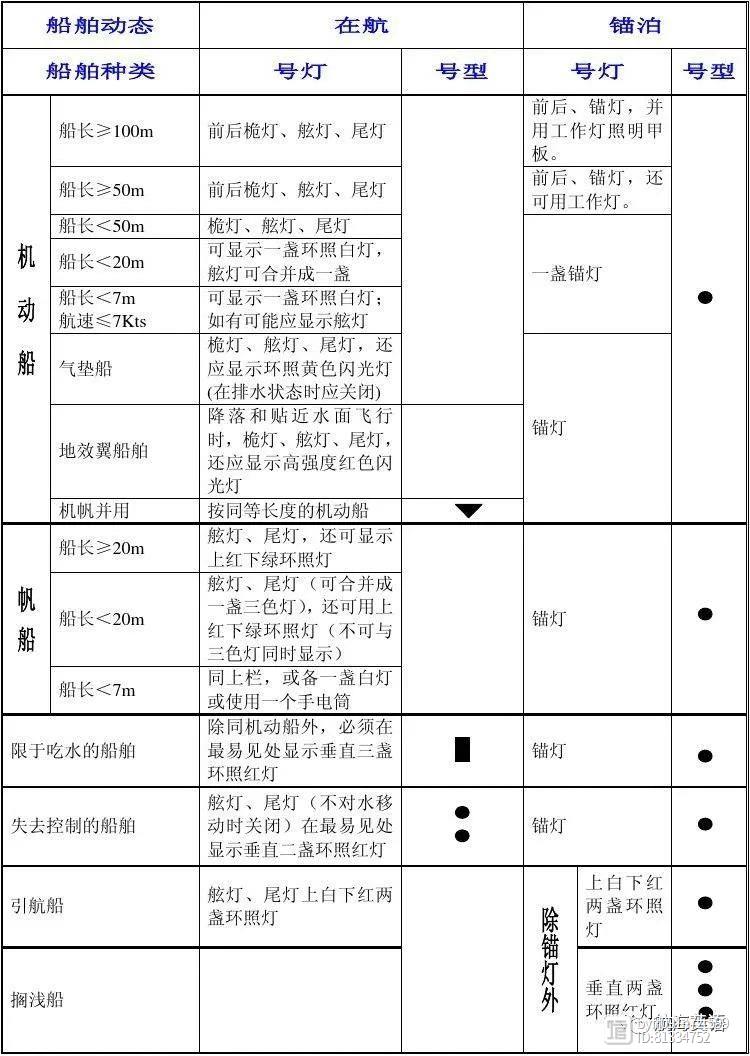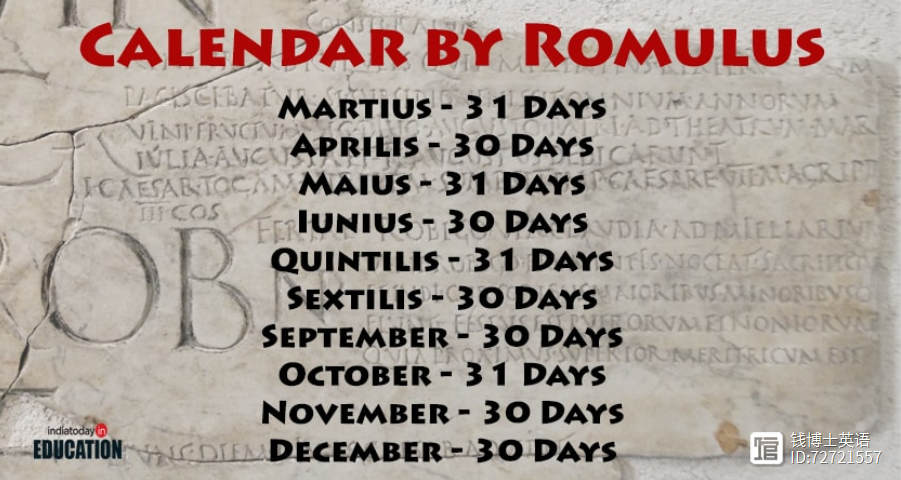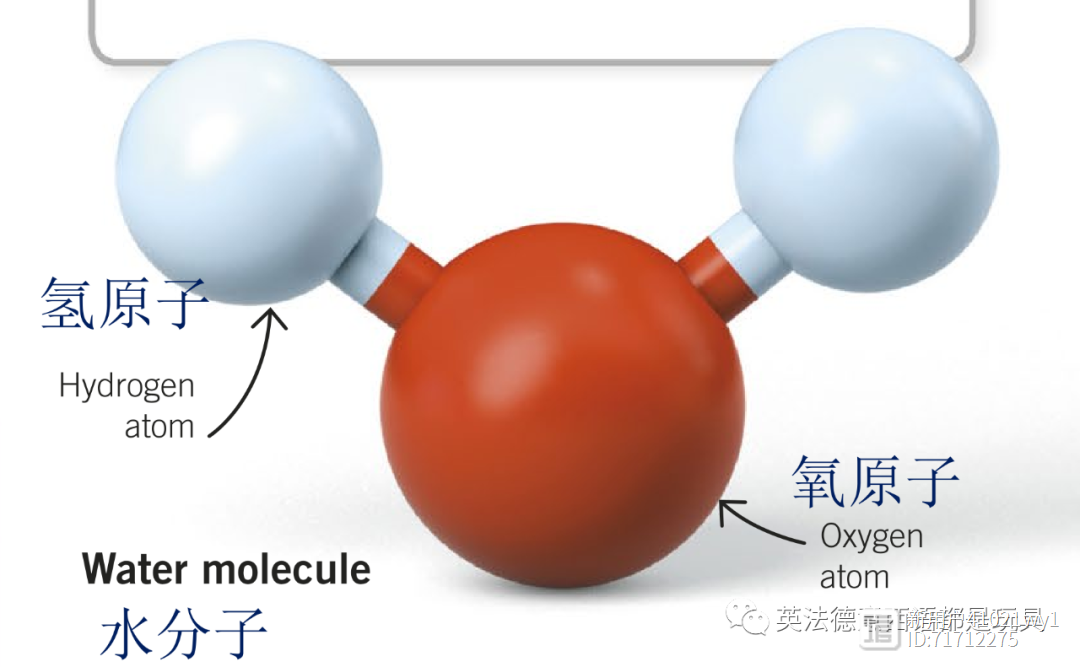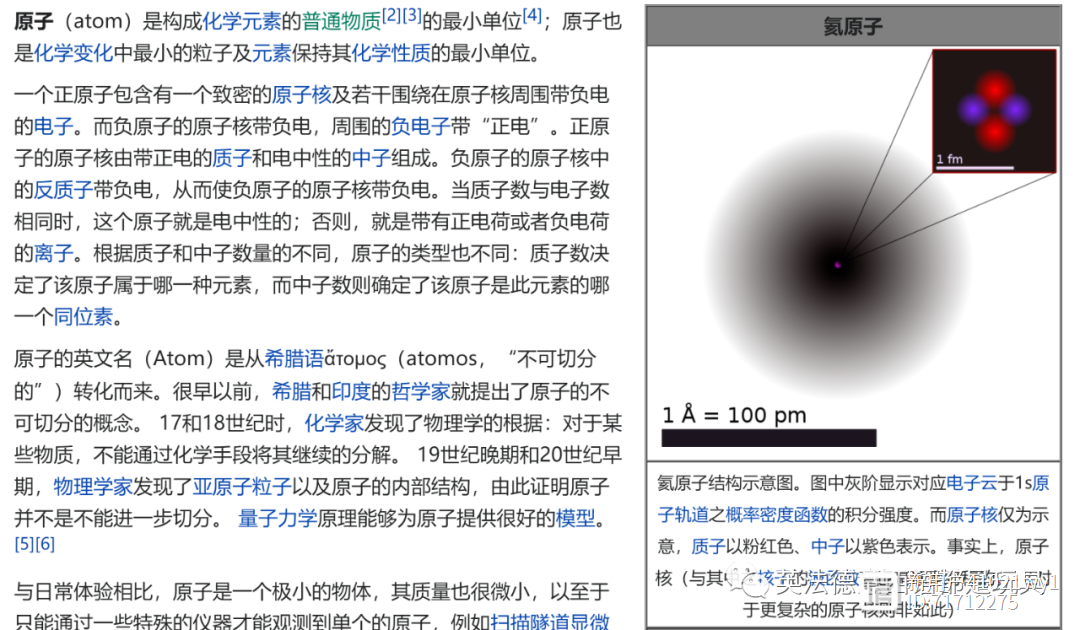第50期:Small Talk 寒暄
「晨读音频」


Hello English learners! Welcome back to our channel. I’m Lily.
大家早上好,欢迎回到我们的频道,我是Lily。
And we’re bringing you another great elementary lesson.
我们带来了另一堂很棒的基础课程。
This lesson is so useful. This is language that you can probably use every single day.
这节课很有用, 能学到一种你每天都可能会用到的语言。
Because today’s topic is small talk.
因为我们今天的主题是small talk。
So, what is small talk?
所以什么是small talk呢?
Well, small talk is small conversation that you would have with people that you don’t know very well.
Small talk 是指你和不太熟悉的人的闲聊或寒暄。
Okay, so, let’s listen to our dialogue we’ll come back in a minute and talk about it.
好的,我们先来听一下对话,再来讨论吧。
「对话文本」
A: Morning.早上好!B: Hi there Mr. Anderson! How are you on this fine morning?嗨,安德森先生,你好吗?多么美好的早晨。A: Fine, thank you.谢谢,我很好。B: It sure is cold this morning, isn’t it? I barely even got out of bed!今天早上很冷,是吗?我很艰难起的床!A: Yeah. It’s pretty cold, alright.是的,非常的冷。B: Did you catch the news this morning? I heard that there was a fire on Byron Street.你看了早上的新闻吗?我听说拜伦街发生了火灾。A: No, I didn’t hear about that.还没看,我没听说这件事情。B: Did you happen to watch the football game last night?The Patriots scored in the last minute!你昨晚有没有看足球比赛呢?Patriots队在最后一分钟进球了。A: No, I don’t like football.没有看,我不喜欢足球。B: Oh. . . By the way, I saw you with your daughter at the office Christmas party. She is really beautiful!噢……顺便说一句,我在办公室的圣诞派对上看到你和你女儿。她长得很漂亮。A: She’s my wife! Oh, here’s my floor! Nice talking to you. Goodbye.她是我老婆。噢。我到了!很高兴很你交谈。再见。B: Sir this is the 56th floor! We are on the 70th!先生,这是56层,我们在70层。A: That’s okay, I’ll take the stairs!没关系,我爬楼梯。

Okay, this is a little bit awkward. Mr. Anderson really didn’t wanna talk to him, did he?
真是有一点尴尬。安德森先生真的不想跟他说话,是吧?
Now let’s look at some pronunciation tips in this dialogue.
接下来我们来看看对话中的发音要点。
「重要发音技巧」
1. I barely even got out of the bed!
连读分析:
got out of 之间是两次辅元连读:
got 和 out 之间是一次辅元连读,读作/ ɡɑːt / / aʊt /。
out 和 of 之间是一次辅元连读,读作/ aʊt / / ʌv /。
got out of 连起来可以读作 / ɡɑːt / / aʊt / / ʌv /。
复述:I barely even got out of the bed!
2. Did you catch the news this morning? I heard that there was a fire on Byron Street.
辅音和半元音连读:
did you之间是辅音和半元音的连读,/ d / / j / = / dʒ /。
复述:Did you catch the news…
失爆分析:
heard that: heard 的爆破音/d/ 遇见that的辅音 /ð/,气流被堵住,只有口型不发音。一起读成/ hɜːr (d) / / ðæt /。
that there: 紧接着,that的爆破音/t/遇见了there的辅音/ð/,气流被堵住,/t/只有口型不发音,一起读成/ ðæ(t) / / ðər /。
heard that there: 一起读成/ hɜːr (d) / / ðæ(t) / / ðər /。
复述:I heard that there was a fire on Byron Street.
「核心单词掌握」
Alright, what do we have today in language takeaway?
好了,今天有什么语言要点呢?
Let’s see our first one.
我们来看第一个。
1. barely even 几乎不
So, how do we use barely even? It’s a little bit difficult.
所以我们怎么使用“barely even”呢?有一点点难。
It’s really similar to almost couldn’t or almost nothing or almost can’t.
它很像“almost couldn’t”或“almost nothing”或“almost can’t”。
So, we use it usually in a negative sense.
所以,我们通常在否定中用到它。
例如:
I was so busy today. I could barely even eat my lunch.
我今天很忙,连午饭都没吃。
It was so dark. I could barely even see.
太黑了,我几乎看不见。
Alright, let’s take a look at our next one.
好了,让我们来看看下一个单词。
2. catch / kætʃ / 接住;抓住
Did you catch the news? It means did you hear the news.
Did you catch the news? 的意思是:你听到这个新闻了吗?
So, how else can we use this, did you catch?
那我们还能怎么用did you catch这词呢?
A really common one is: I didn’t catch your name.
最常见的是:我没听清你的名字。
And we can also say:I didn’t catch what he said.
我们还可以说:我没听清他说的话。
Okay. Let’s look at our next word.
好吧,我们来看下一个单词。
3. by the way 顺便说一句
Okay, so, let’s listen to some examples first.
好的,所以我们先来听几个例子。
例1:
Are you going to be at the meeting today?
你今天要参加会议吗?
Yeah, I’ll be there. Oh, by the way, did you hear what happened today?
是的,我会去的。对了,你听说今天的事了吗?
例2:
By the way, I almost forgot to tell you, Maggie called.
对了,我差点忘了告诉你,Maggie 打电话来了。
Okay, so, I see that when we say by the way, we’re introducing a point after we’ve already talked about something.
好的,所以当我们用by the way的时候,是我们已经讨论了一些事情之后,引入的一个点。
Exactly. And maybe it’s not even related to the topic we were talking about.
是的。也许都跟刚才说的话题无关。
It’s a different topic right?
可能一个不同的话题,对吧?
It’s like saying“oh, I almost forgot to tell you.”
这就像是在说我差点忘了告诉你的某件事情。
That’s the way you would use “by the way”.
这就是by the way的用法。
Okay and our last word on language takeaway.
好了,我们语言要点中的最后一个单词。
4. take the stairs 爬楼梯
It means you’re gonna go up the stairs.这意味着你要爬楼梯了。
例如:Take the stairs instead of the lift.走楼梯,不要乘电梯。You can take that stairs at the back of the store.你们可以走商场后面的楼梯。
「实用口语表达」
Alright, and we saw some great phrases. Let’s start with the first one.我们看到了一些很棒的短语,让我们从第一个开始。
1. It sure is cold this morning.今天早上很冷。
Okay, so, we can change it up a little bit:好的,所以我们可以稍微改变一下:It sure is hot. 很热。It sure is late.很晚。It sure is interesting. 真的很有趣。He sure is smart.他确实很聪明。So, basically, you can change the adjective:cold, hot, smart, hard …基本上,你可以改成任何形容词。冷的,热的,聪明的,坚硬的……And when you say sure is, his is a great way of emphasizing that you believe this adjective to be true.当你说sure is的时候,这是一种很好的方式来强调你相信这个形容词是真的。
Okay, sure is. Now, what would be the answer to this?好的,当别人对你说 sure is 的时候,你该如何回复这个句子呢?
In the dialogue, Mr. Anderson said “yeah, it’s pretty cold, alright.”在对话中,安德森先生说“It’s pretty cold, alright”是的,非常寒冷。
2. It’s pretty cold, alright.是的,非常寒冷。
So, again, using the examples we used before we can say:所以,再一次用我们之前用过的例子我们可以说:It’s pretty hot, alright.是啊,很热。It’s pretty late, alright.是啊,已经很晚了。He’s pretty smart, alright.是啊,他很聪明。This is pretty interesting, alright.是啊,很有趣。So, it means you agree with that person.所以,这意味着你同意那个人的观点。
So, these can go together really well.所以,我们前面学的两个句子可以搭配起来使用。As a question and a answer format. They go well.是一个一问一答的句子。Let’s listen to some examples.我们来听一些例子。
例1:A:It sure is a nice day today.今天真是个好天气。B:Yeah. It’s nice, alright.是啊,挺不错的。例2:A: The bus is sure late today.今天公车肯定晚点了。B: Yeah. It’s late, alright.是啊。晚点了。
Okay, now let’s take a look at our next word.好的,我们来看看下一个单词。
3. Did you happen to…?你是不是碰巧......?
Did you happen to do something? It means “Did you by chance do something?”Did you happen to do something? 意思是你是不是碰巧做了什么事?例如:Did you happen to see Bob this morning? I didn’t happen to see Bob.今天早上你见到Bob了吗?我没有见到他。这句话也可以表达为“Did you by chance see Bob? I didn’t happen to see Bob.”
例子: Did you happen to go to that restaurant I recommended? 你碰巧去了我推荐的那家餐厅吗?Did you happen to see her leave last Wednesday?上星期三你正好碰巧看见她离开吗?
「今日所学回顾」
OK, let’s review what we’ve learned today.
好的,我们来回顾一下今天所学的内容。
1.发音要点:I barely even got out of the bed!Did you catch the news this morning? I heard that there was a fire on Byron Street.
2.核心词汇:barely even 几乎不 catch / kætʃ / 接住;抓住by the way 顺便说一句take the stairs 爬楼梯
3.口语表达:It sure is cold this morning.It’s pretty cold, alright.Did you happen to…?
Alright, that’s all for today. I hope you enjoy this lesson. Thanks for coming and see you next time!好了,这就是今天的全部内容。感谢收听,我们下期见!
- 000134
- 0000
- 0000
- 0000
- 0000















